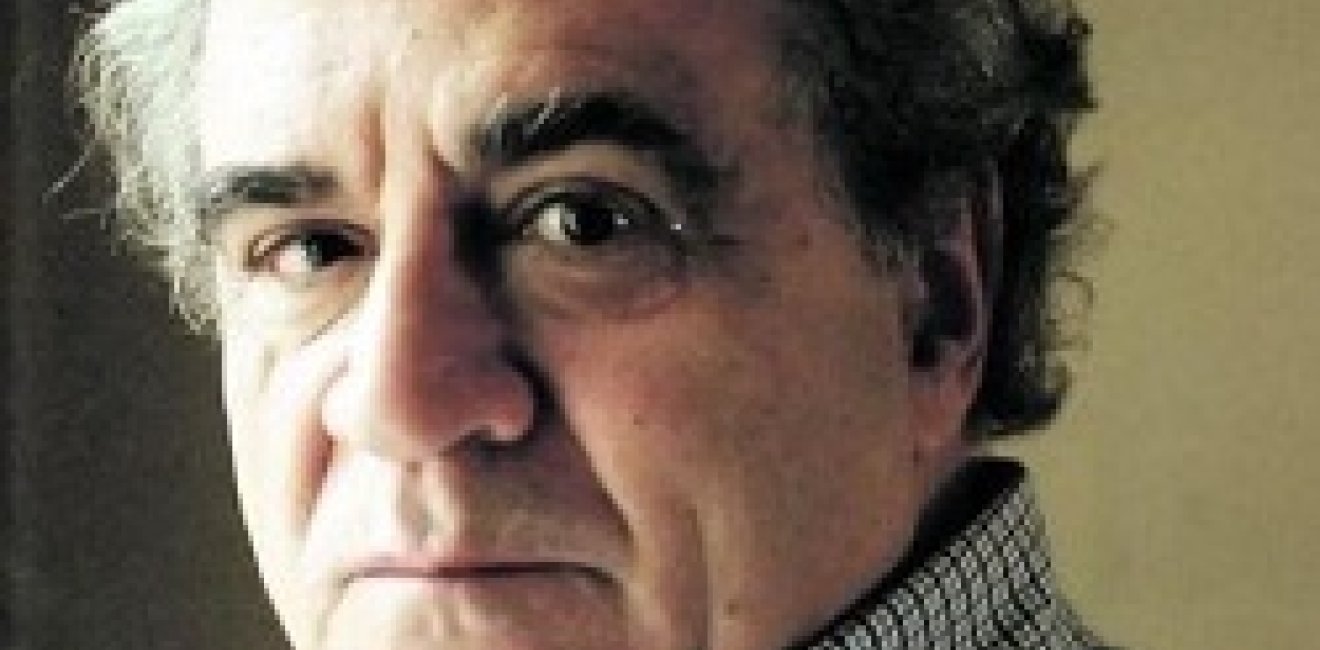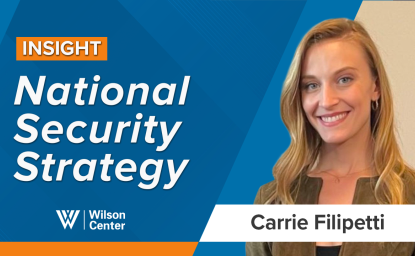Tribute to Guillermo O'Donnell, 1936-2011
Guillermo O'Donnell, the foremost Latin American political scientist of the last 50 years and one of the world's leading scholars of comparative politics, passed away this week in his native Argentina.
Guillermo O'Donnell, the foremost Latin American political scientist of the last 50 years and one of the world's leading scholars of comparative politics, passed away this week in his native Argentina.

Guillermo O'Donnell, the foremost Latin American political scientist of the last 50 years and one of the world's leading scholars of comparative politics, passed away this week in his native Argentina.
Many appreciations of Guillermo are being written, emphasizing his contributions to the literature on authoritarianism, then on transitions from authoritarian rule and the construction of effective democratic governance, and finally on the challenges of getting beyond low intensity and low quality democracy in order to achieve governance that builds citizenship and protects the rights of all citizens. Guillermo O'Donnell contributed brilliant insights and systematic theory building on all these issues. His work is widely recognized around the world, as the many translations of his writings and his many international honors and distinctions demonstrate. A number of Guillermo's students and colleagues are also providing warm testimony about his qualities as a teacher and mentor: in Argentina, Brazil, the United States, the United Kingdom, and elsewhere.
I wish to add a comment about Guillermo's major contributions as an institution-builder, in Argentina and in the United States. He was one of the founders and the first director of CEDES in Buenos Aires, an island of critical inquiry in Argentina's dark days, an incubator of talented critical social scientists, and to this day, an important place for research in that always perplexing country. Guillermo was also the first and longtime academic director of the Helen Kellogg Institute at the University of Notre Dame. That Institute began with high ambition and the vision of Father Ted Hesburgh but with few other assets until Father Ted and Father Ernest Bartell managed to recruit O'Donnell and Chilean economist Alejandro Foxley to build a center of excellence on development and democracy. The Kellogg Institute, now under the able leadership of Scott Mainwaring, has become a world-class center, thanks largely to the highly creative, rigorous and charismatic leadership that Guillermo provided during its formative years.
I saw first-hand Guillermo’s extraordinary institution-building skills in the early years of the Woodrow Wilson Center's Latin American Program, where he served as one of nine members of its original Academic Council. At the Council's first meeting, Guillermo urged that we identify a few privileged topics to organize our work, and to invite Fellows to the Center. He suggested many of the topics we adopted, thus giving the program, from the start, an important focus on thoughtful exploration of normatively driven issues. After the first meeting, Guillermo and Fernando Henrique Cardoso, the Brazilian sociologist, later to become that country’s president, helped me design guidelines and policies to assure that the program would achieve credibility in Latin American academic circles where suspicion of a Washington-based institution could be anticipated. When delicate political issues arose at the Center, in the context of political and ideological pressures that reflected changing currents in Washington, Guillermo flew up from Buenos Aires only to participate in a half-day meeting of the Council with the Center's director and to help protect the intellectual autonomy and academic quality of what we were doing. I will never forget the passion and persuasiveness of his presentation and his effectiveness in countering the pressures that were being brought to bear on the program.
Guillermo’s exceptional leadership of the program’s influential project on ”Transitions from Authoritarian Rule,” together with Philippe Schmitter and Laurence Whitehead, made a landmark contribution both to the study of comparative politics and to practice, as the project’s summary volume was consulted by many who worked to crack open authoritarian regimes and expand the prospects for democratic governance. Guillermo’s convening authority, inspiring leadership, incisive analysis and gifts as a political strategist all came together in the Transitions project.
When I think about Guillermo O'Donnell, I think mainly of his personal qualities: not only his sheer brilliance and perspicacity on many questions, cosmic, and microsocial, but especially his warmth, friendship and loyalty. He had an enormous capacity for empathy and a strong commitment to equity, qualities that affected his scholarship but also his personal relationships. He cared deeply about justice and about the need to protect rights through institutions and constraints. He understood and wrote clearly about structural and systemic forces but also emphasized the possibility for expanding the scope of rights and justice through political engineering, individual leadership and coalition-building. His analysis and insights are as important today as they have ever been. Guillermo O'Donnell will be missed.

The Wilson Center’s prestigious Latin America Program provides non-partisan expertise to a broad community of decision makers in the United States and Latin America on critical policy issues facing the Hemisphere. The Program provides insightful and actionable research for policymakers, private sector leaders, journalists, and public intellectuals in the United States and Latin America. To bridge the gap between scholarship and policy action, it fosters new inquiry, sponsors high-level public and private meetings among multiple stakeholders, and explores policy options to improve outcomes for citizens throughout the Americas. Drawing on the Wilson Center’s strength as the nation’s key non-partisan policy forum, the Program serves as a trusted source of analysis and a vital point of contact between the worlds of scholarship and action. Read more

